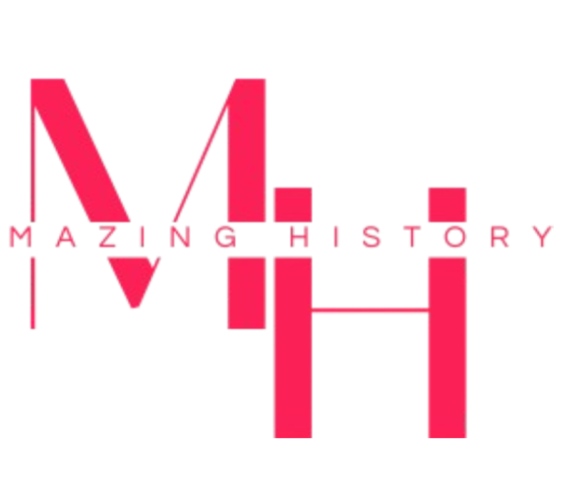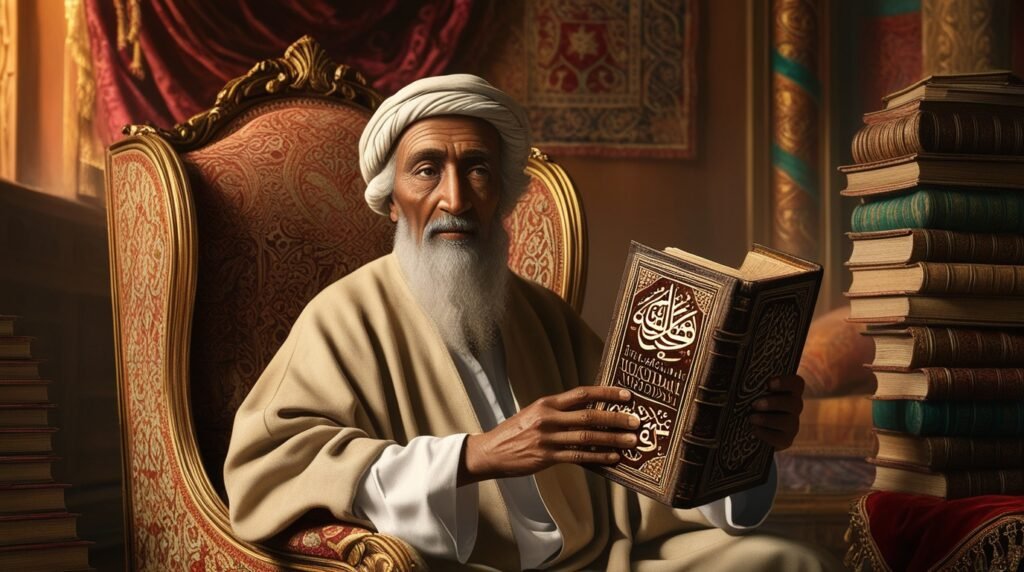science :
The thing that transforms a person’s perspective and aids in his growth and development is knowledge. Ibn Khaldun distinguishes between two categories of sciences: rational sciences and transmitted sciences. Like physics, biology, philosophy, and other sciences we study in school, rational sciences are ones that can evolve and change over time. The sciences of interpretation, hadith, jurisprudence, and the sciences that are part of Islamic knowledge are examples of transmitted sciences. These are sciences that contain texts and are transmitted in their original form. Ibn Khaldun holds that knowledge and education—including studying and reading history—are the only ways that a person can lead a good existence. He gains knowledge from both historical accounts and prophetic tales and teachings. Teachers need to be aware that different students have different learning styles; some are highly intelligent, while others are less effective at absorbing information. Lessons must therefore be uninterrupted since interruptions cause students to become distracted and forgetful. Ibn Khaldun, however, feels that a student should only be content with one science at a time. to avoid becoming sidetracked. According to Ibn Khaldun, summaries created in the sciences to aid in memorization actually undermine many of the science’s meanings and prevent novices from learning the material correctly. As a result, he believes that the greatest approach to education is to acquire the sciences progressively, starting with the most basic stage and working your way up to the most detailed final stage. According to Ibn Khaldun, the abundance of civilization is correlated with the abundance of sciences.
Ibn Khaldun gives the example of a city like Baghdad, Basra, Cordoba, and other Islamic cities that were highly developed due to the abundance of sciences, but with the collapse of sciences in them, these cities collapsed completely as if they had never existed in the first place. The more sciences there are, the more civilization grows, and the fewer sciences there are, the more civilization declines. The method of severity should be avoided if you wish to educate youngsters a particular science. Children are taught poor morals and have their souls broken by this educational approach. In order to avoid punishment, it trains children to lie and use deceit. Children who are taught using this approach are prone to develop these negative qualities throughout their lives.
Conclusion :
We discussed seven key concepts in last articles about Ibn Khaldun introduction. We began by discussing Ibn Khaldun directly. We discussed Ibn Khaldun’s life and how, according to the introduction, he is credited with founding the field of sociology. We began with the introduction itself in the second point. We began discussing urbanization and the concept of man. We discussed how Bedouinism is the genesis of man, which means that he is born into a basic existence that is remote from the city and that the guy who lives in the Bedouin way of life is instinctive and developed later when he migrated to the city.
In the third point, we discussed a crucial concept: the idea of building the kingdom, or how to create a state. We also discussed the significance of strength and the necessity for the king to have a clan to back him in order to maintain his position of power. In addition, the state needs to be strong in order to govern. To produce a sort of balance that keeps the king going, it needs to have positive attributes. Additionally, we discussed a crucial concept in the fourth point: every state has a lifespan. To determine how long a state will last and when it will end, you must look for indicators in the five stages that every state goes through, which start with the state’s founding and foundation and conclude with its total collapse.
Regarding the fifth point, we discussed a crucial concept: the idea that the defeated always emulates the victor. For example, in the days of Andalusia, Europeans emulated the Muslims, and today, Muslims mimic the West in nearly every way. We discussed livelihood and making a living in relation to the sixth theme. We discussed the kinds of work you can undertake. We discussed trade, industry, agriculture, and the kinds of people who can work in these sectors. The final and seventh concept is the sciences. We discussed the various kinds of sciences, including traditional and rational sciences, as well as learning strategies and how to attempt to study appropriately. It is crucial that we refrain from using violence when instructing youngsters.

